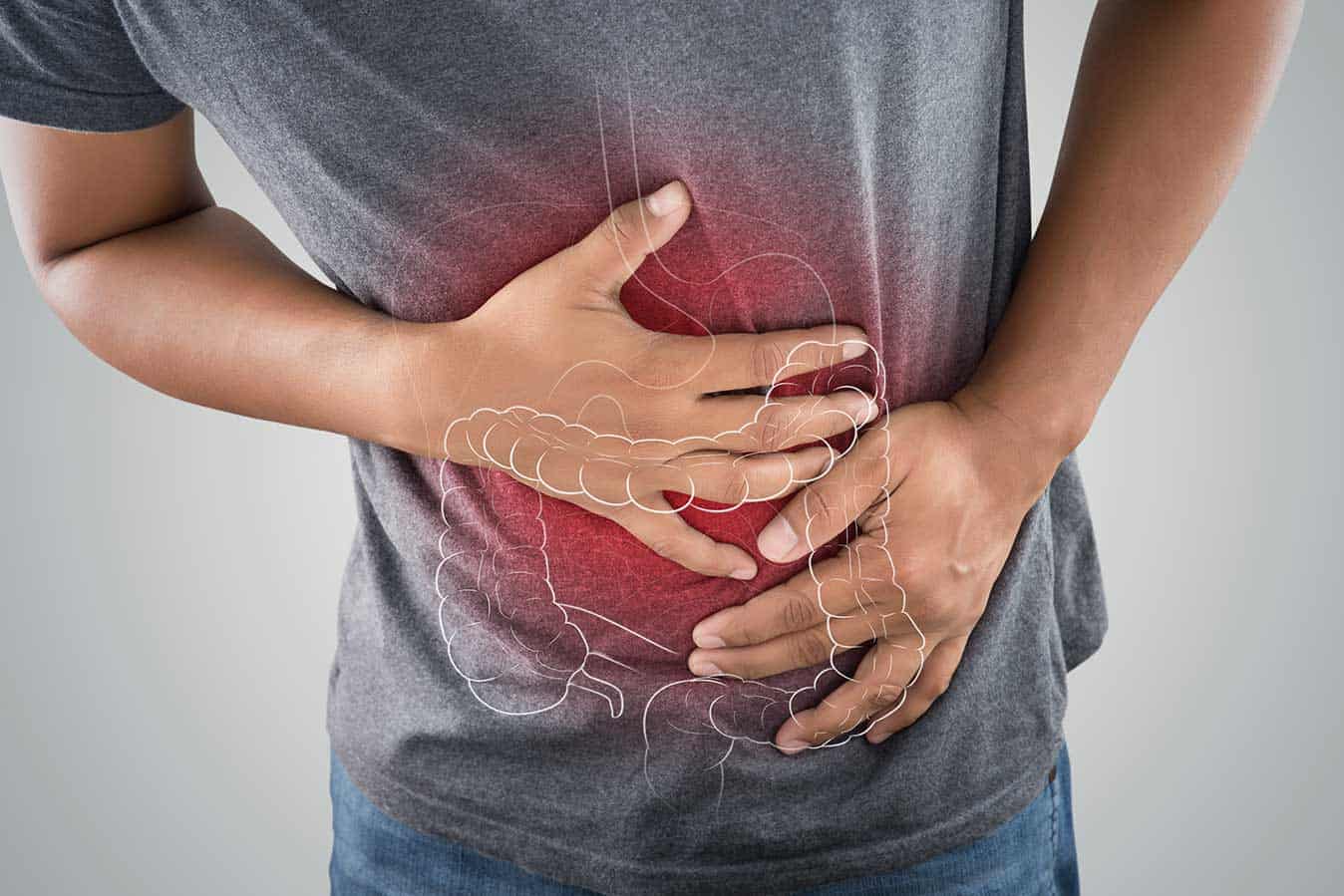Research from Flinders University has uncovered a molecular link between COVID-19 and serotonin cells in the gut.
Authors suggest the findings could help provide further clues to what could be driving COVID-19 infection and disease severity, with the link supporting previous evidence that antidepressants, known as selective serotonin reuptake inhibitors (SSRIs), could reduce the severity of COVID symptoms.
The COVID-19 virus displays a range of symptoms, including gastrointestinal issues such as diarrhoea. Recent research has indicated that these gut symptoms in COVID-19 patients worsen with the severity of the disease due to heightened gut-derived serotonin, released to cause gut dysfunction, increasing the body’s immune response and potentially worsening patient outcomes.
Published in gastrointestinal research journal Gut, the collaborative study involved three Flinders research teams, including teams led by ARC DECRA Fellow Dr Alyce Martin and FAME Director of Bioinformatics and Human-Microbe Interactions, Professor Robert Edwards.
“Our study endeavoured to understand whether the gut could be a site of disease transmission and what genes might be associated with the virus entering the cells lining the gut wall,” says study senior author Professor Damien Keating, Deputy Director of the Flinders Health and Medical Research Institute and Head of the Gut Sensory Systems research group.
Researchers looked at gene expression amongst the different cell types that line the gut wall, analysing whole genome sequences from thousands of individual cells from within the intestine.
They found specialised cells within the gut that synthesised and released serotonin had a highly enriched expression of a particular SARS-CoV-2 receptor and were the only type of cell that expressed all the genes associated with COVID-19.
“Many genes linked to COVID-19 were found expressed in the different cell types lining the gut wall but only serotonin cells expressed all three receptors for the virus,” says Professor Keating.
“Expression of all three SARS-CoV-2 receptors triples the rate of cell infectivity, compared to expression of only two receptors.”
With the exact sites of infection and the primary drivers of COVID-19 disease severity not yet fully understood, the authors say this study provides important information on the gut’s role in the virus.
“Our study adds further evidence that COVID-19 is far more likely to infect cells in the gut and increase serotonin levels through direct effects on specific gut cells, potentially worsening disease outcomes,” says Professor Keating.
“It also provides further support to emerging clinical evidence that antidepressant drugs, which block serotonin transport around the body, may serve as a beneficial treatment.”
As COVID-19 continues to circulate, researchers say further investigation will be required to advance understanding of the gut’s role in the virus and continue to find treatment options to work alongside vaccinations.
Read the full study here








